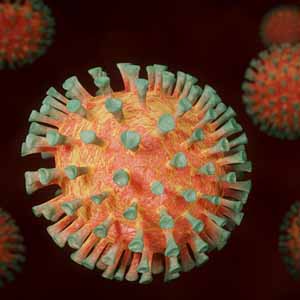 Smart Citations
Smart CitationsSee how this article has been cited at scite.ai
scite shows how a scientific paper has been cited by providing the context of the citation, a classification describing whether it supports, mentions, or contrasts the cited claim, and a label indicating in which section the citation was made.
The antiviral properties of edible medicinal plants: potential remedies against coronaviruses
SARS-CoV-2 (severe acute respiratory syndrome coronavirus 2) is an unparalleled challenge for the international community. Subsequently, an extraordinary effort has been made to contain SARS-CoV-2. However, this has been largely limited to behavioral changes and vaccination. To make the containment strategies effective, behavioral changes and vaccination need to be complemented with alternative prevention methods and curative treatments. This work reports the antiviral properties of some of the commonly known edible medicinal plants that can be used as potential remedies to suppress coronaviruses. A growing body of evidence substantiates that edible medicinal plants with antiviral properties that have been proven effective against sibling coronaviruses likely contain the spread of SARS-CoV-2, and they may also suppress the fatality of COVID-19 (coronavirus disease 2019). The secondary metabolites found in herbal medicines do not cause pathogens to develop drug resistance, which is a common problem in conventional medicines. The use of edible medicinal plants is much safer and causes less panic, thereby avoiding the fear associated with the use of herbal medicines. Right dosages and mixtures of edible medicinal plants need to be rigorously investigated to circumvent unanticipated side effects and chronic health risks.
Downloads
How to Cite

This work is licensed under a Creative Commons Attribution-NonCommercial 4.0 International License.

 https://doi.org/10.4081/hls.2023.11205
https://doi.org/10.4081/hls.2023.11205





